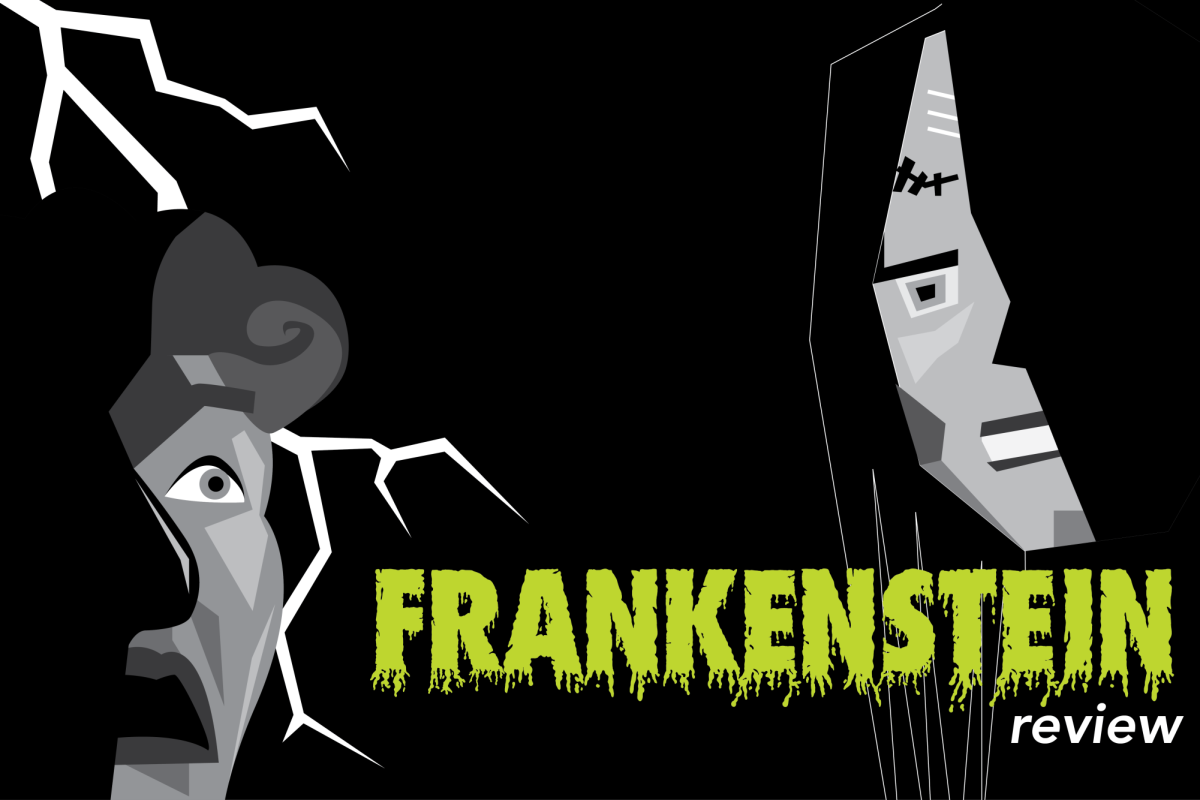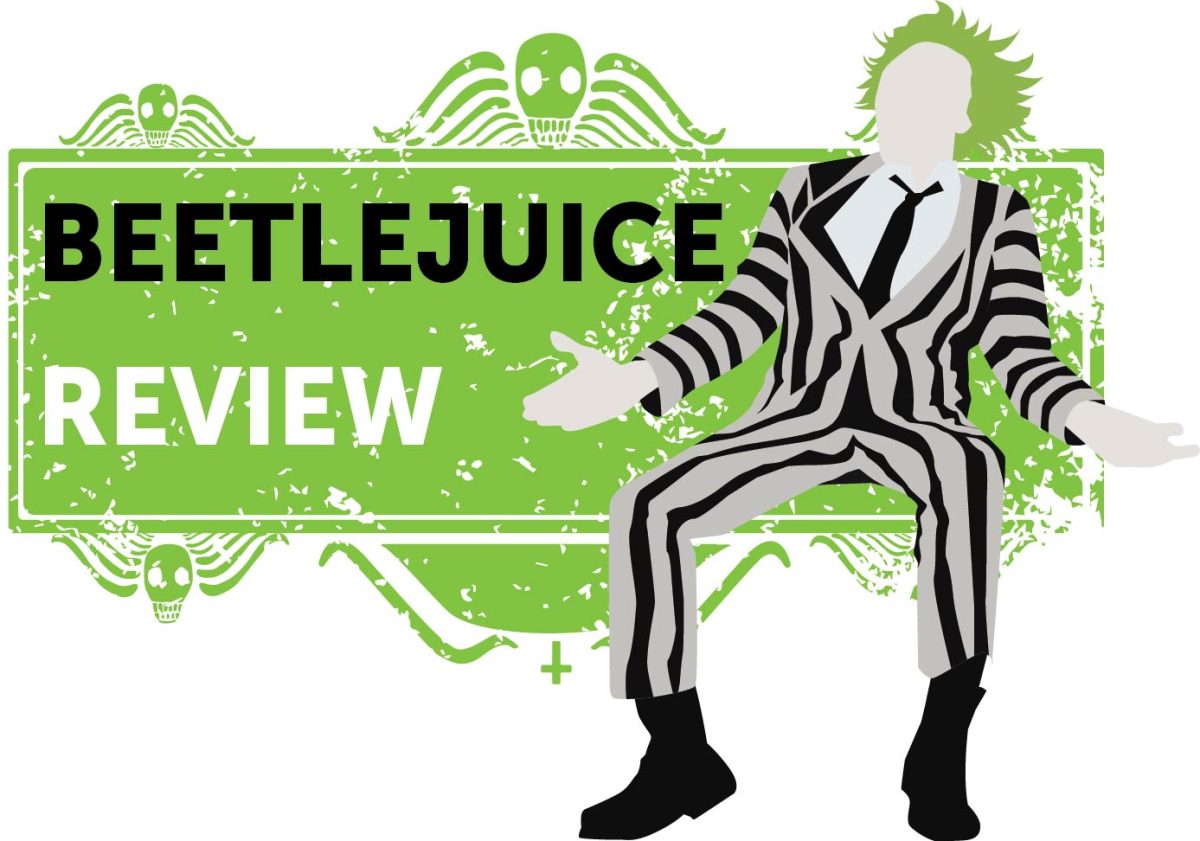The looming figure of a monster snatches a heroine from her sleep on the black and white screen. This is what comes to mind for most at the mention of Frankenstein. However, the original novel by Mary Shelley paints a much more emotionally and philosophically complex picture. Featuring subjects of creation, sublime nature and relationships, Frankenstein is an essential read that prompts readers to explore what it means to be human.
To understand Frankenstein, it’s important to know the context of the novel in the Romantic art period. Without context, the novel could seem like a typical sci-fi epic with only a hint of deeper meaning. However, writers of the Romantic period like Shelley were inspired by humanity in the wake of industrialization and scientific conquest. As the world raced towards progress, Shelley stopped to question the implications.
One of the primary motifs throughout the novel is the power and sublimity of nature, which the character Victor Frankenstein seeks to dominate in a fashion similar to that of some scientists of the time. In a fit of mania, Victor breathes life into dead tissue, but when his creation opens its eyes, he is horrified and abandons it.
This sentient creature, arguably a force of nature, is compelled to fend for himself in a world he doesn’t understand. His journey is one of suffering, as he is shunned and hunted by everyone he meets, even those he tries to help. He longs for compassion and finds none. With each malicious interaction, the creature becomes vengeful towards Victor for his creation.
As the novel progresses, Victor and the creature pursue each other for revenge. Each has sound motivation and yet neither is justified in their actions. As the reader follows their saga, it’s impossible to side with either if both sides are truly considered.
With the creature’s plea for companionship and Victor’s knowledge of its horrific deeds, Shelley weaves a complex web of morality, which every reader should look to untangle.












Kristen Anne Huang • Nov 30, 2023 at 7:50 am
Well said, Anna!